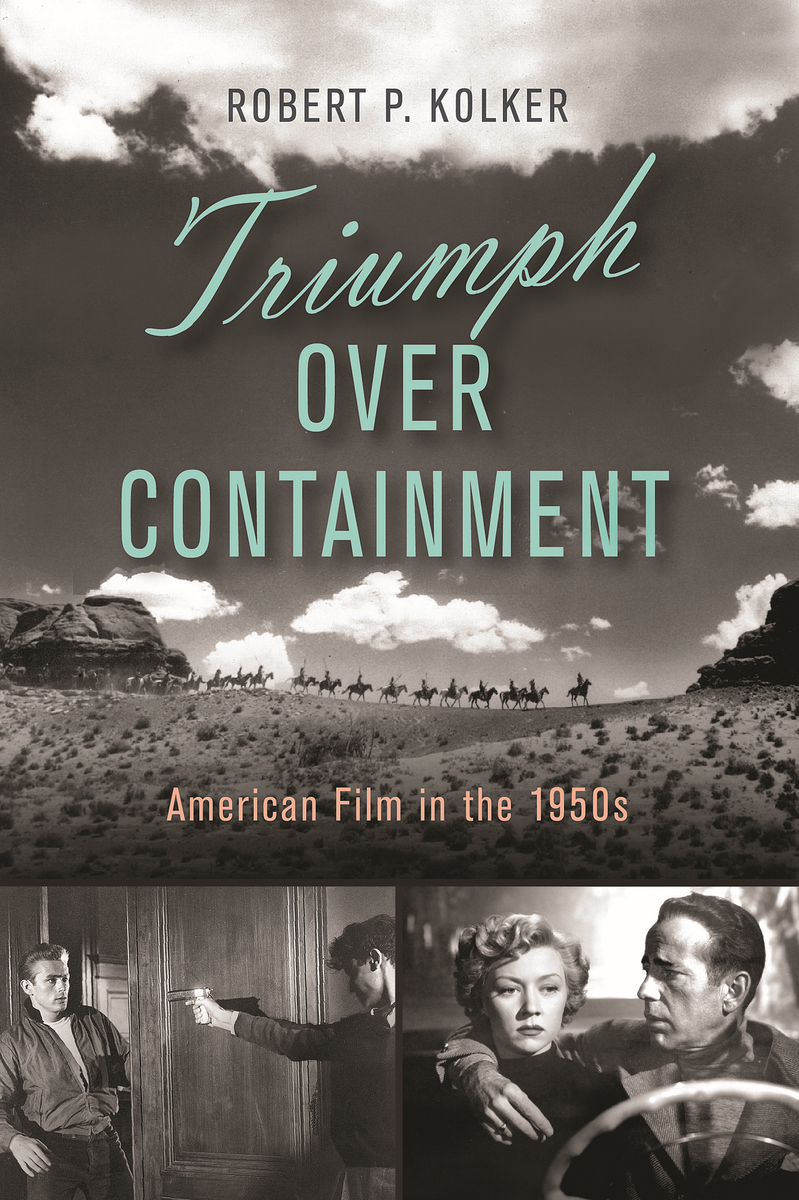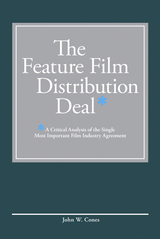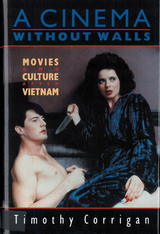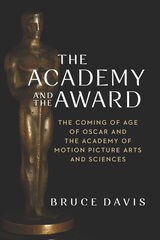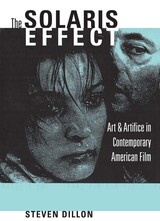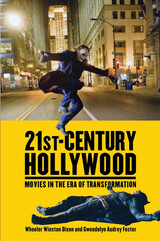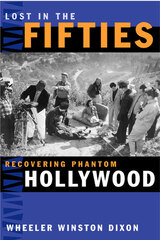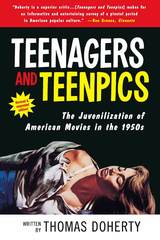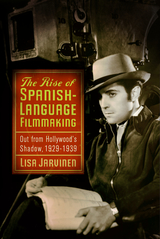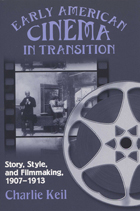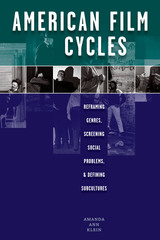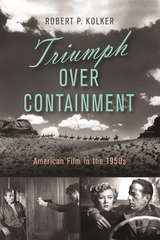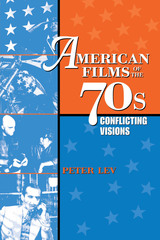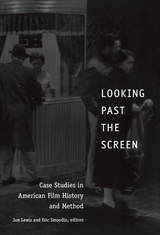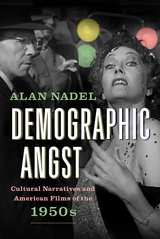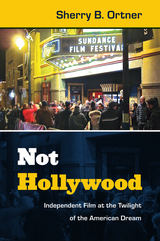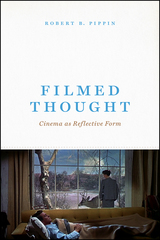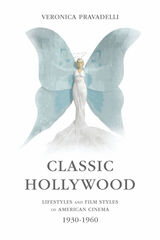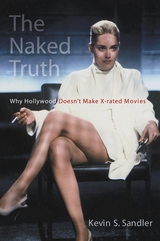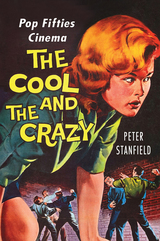Triumph over Containment: American Film in the 1950s
Rutgers University Press, 2022
Cloth: 978-1-9788-2092-0 | eISBN: 978-1-9788-2095-1
Library of Congress Classification PN1993.5.U6K585 2022
Dewey Decimal Classification 791.430973
Cloth: 978-1-9788-2092-0 | eISBN: 978-1-9788-2095-1
Library of Congress Classification PN1993.5.U6K585 2022
Dewey Decimal Classification 791.430973
ABOUT THIS BOOK | AUTHOR BIOGRAPHY | REVIEWS | TOC
ABOUT THIS BOOK
The long 1950s, which extend back to the early postwar period and forward into the early 1960s, were a period of “containment culture” in America, as the media worked to reinforce traditional family values and suspected communist sympathizers were blacklisted from the entertainment industry. Yet some brave filmmakers and actors still challenged the status quo to produce indelible and imaginative work that delivered uncomfortable truths to Cold War audiences.
Triumph Over Containment offers an uncompromising look at some of the era’s greatest films and directors, from household names like Alfred Hitchcock and Stanley Kubrick to lesser-known iconoclasts like Samuel Fuller and Ida Lupino. Taking in everything from The Thing from Another World (1951) to Dr. Strangelove or: How I Learned to Stop Worrying and Love the Bomb (1964), acclaimed film scholar Robert P. Kolker scours a variety of different genres to find pockets of resistance to the repressive and oppressive norms of Cold War culture. He devotes special attention to two quintessential 1950s genres—the melodrama and the science fiction film—that might seem like polar opposites, but each offered pointed responses to containment culture.
This book takes a fresh look at such directors as Nicholas Ray, John Ford, and Orson Welles, while giving readers a new appreciation for the depth and artistry of 1950s Hollywood films.
Triumph Over Containment offers an uncompromising look at some of the era’s greatest films and directors, from household names like Alfred Hitchcock and Stanley Kubrick to lesser-known iconoclasts like Samuel Fuller and Ida Lupino. Taking in everything from The Thing from Another World (1951) to Dr. Strangelove or: How I Learned to Stop Worrying and Love the Bomb (1964), acclaimed film scholar Robert P. Kolker scours a variety of different genres to find pockets of resistance to the repressive and oppressive norms of Cold War culture. He devotes special attention to two quintessential 1950s genres—the melodrama and the science fiction film—that might seem like polar opposites, but each offered pointed responses to containment culture.
This book takes a fresh look at such directors as Nicholas Ray, John Ford, and Orson Welles, while giving readers a new appreciation for the depth and artistry of 1950s Hollywood films.
See other books on: 1950s | American Film | Cold War in motion pictures | In motion pictures | Kolker, Robert P.
See other titles from Rutgers University Press
